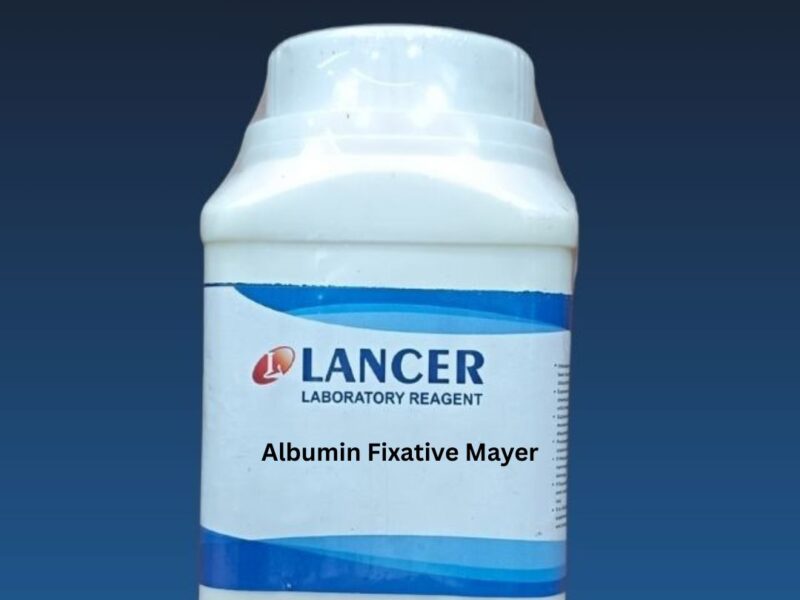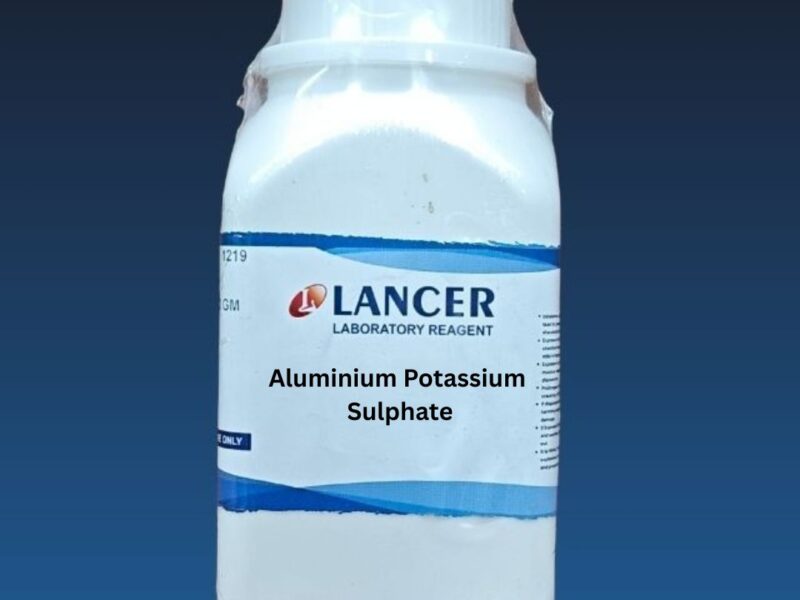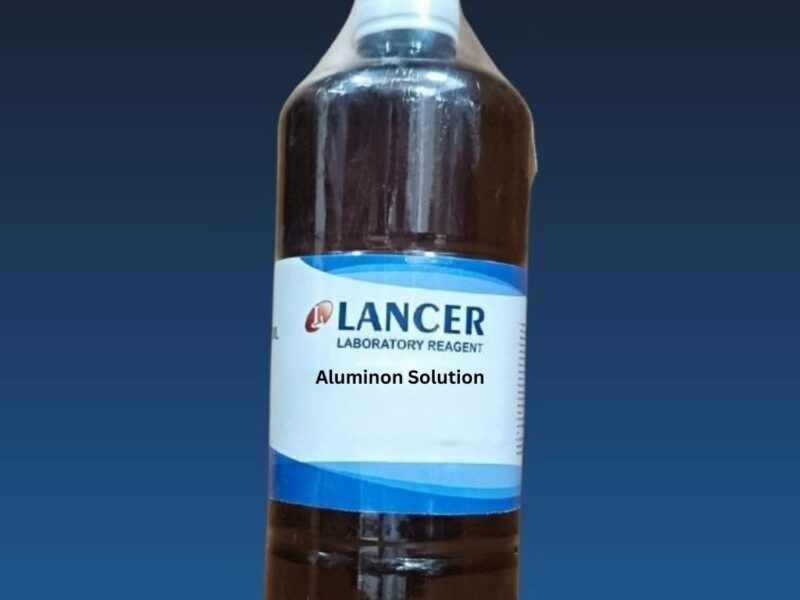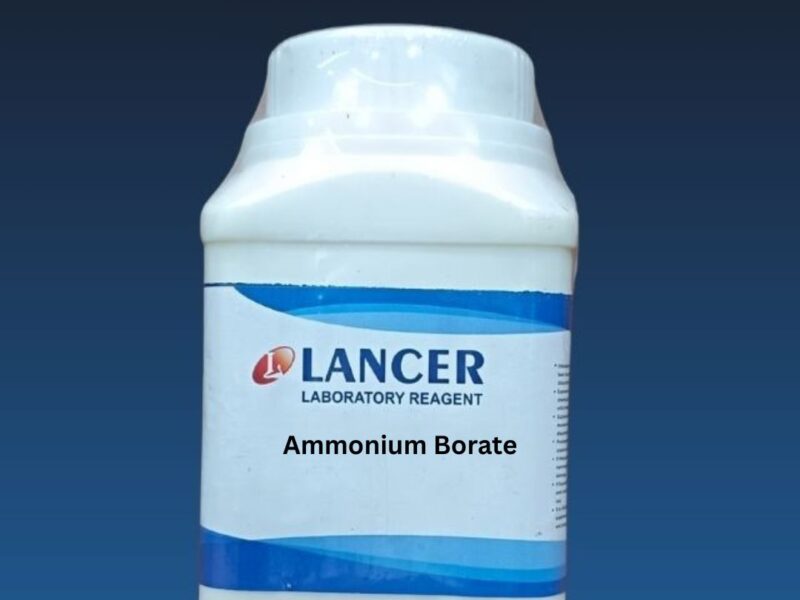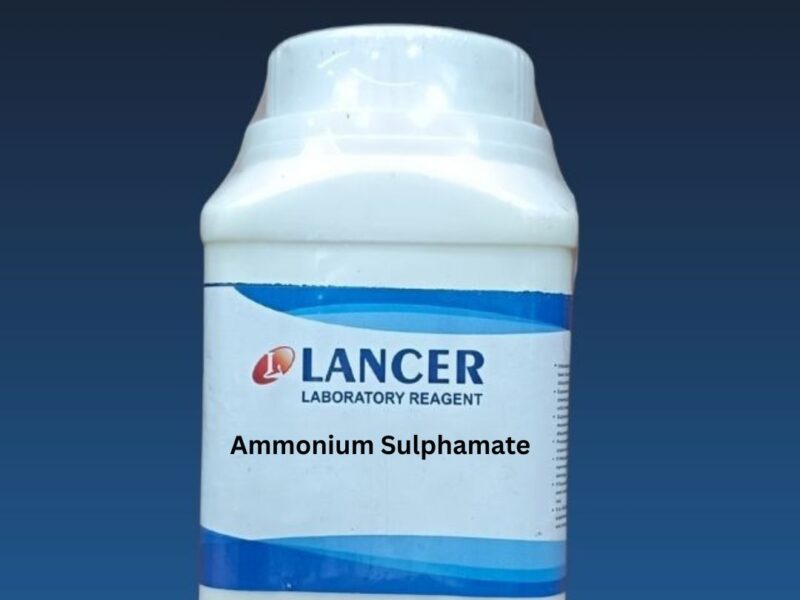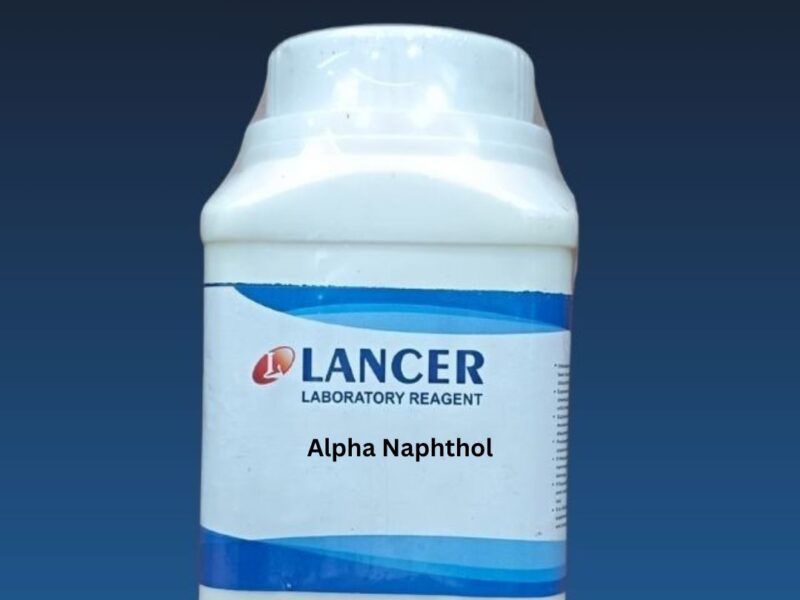Description
Specifications Table
Product Name – Adenine for Biochemistry
Quantity/Pack Size – 5 gm
Form – Powder
Grade – High Purity
Application – Biochemistry, Molecular Biology
Product Overview
Adenine for Biochemistry is a high-purity compound essential for various molecular biology applications. This product is meticulously processed to ensure the highest standards of purity, making it ideal for research and experimental use. Adenine, a purine nucleobase, plays a crucial role in the formation of nucleic acids, including DNA and RNA. Its high purity grade ensures reliable and consistent results in biochemical assays and experiments. This product is designed to meet the stringent requirements of biochemistry research, providing researchers with a dependable source of adenine. The powder form allows for easy handling and precise measurement, ensuring accurate and reproducible results. Whether used in academic research or professional laboratories, Adenine for Biochemistry is a versatile and essential component for any molecular biology toolkit.
FAQs
1. What is the purity grade of Adenine for Biochemistry?
The purity grade of Adenine for Biochemistry is high, ensuring reliable and consistent results in biochemical assays and experiments.
2. What form does Adenine for Biochemistry come in?
Adenine for Biochemistry comes in powder form, allowing for easy handling and precise measurement.
3. What are the primary applications of Adenine for Biochemistry?
The primary applications of Adenine for Biochemistry include molecular biology research and experiments.
4. How should Adenine for Biochemistry be stored?
Adenine for Biochemistry should be stored in a cool, dry place, away from direct sunlight and moisture.
5. Is Adenine for Biochemistry suitable for academic research?
Yes, Adenine for Biochemistry is suitable for academic research due to its high purity and reliable performance.



